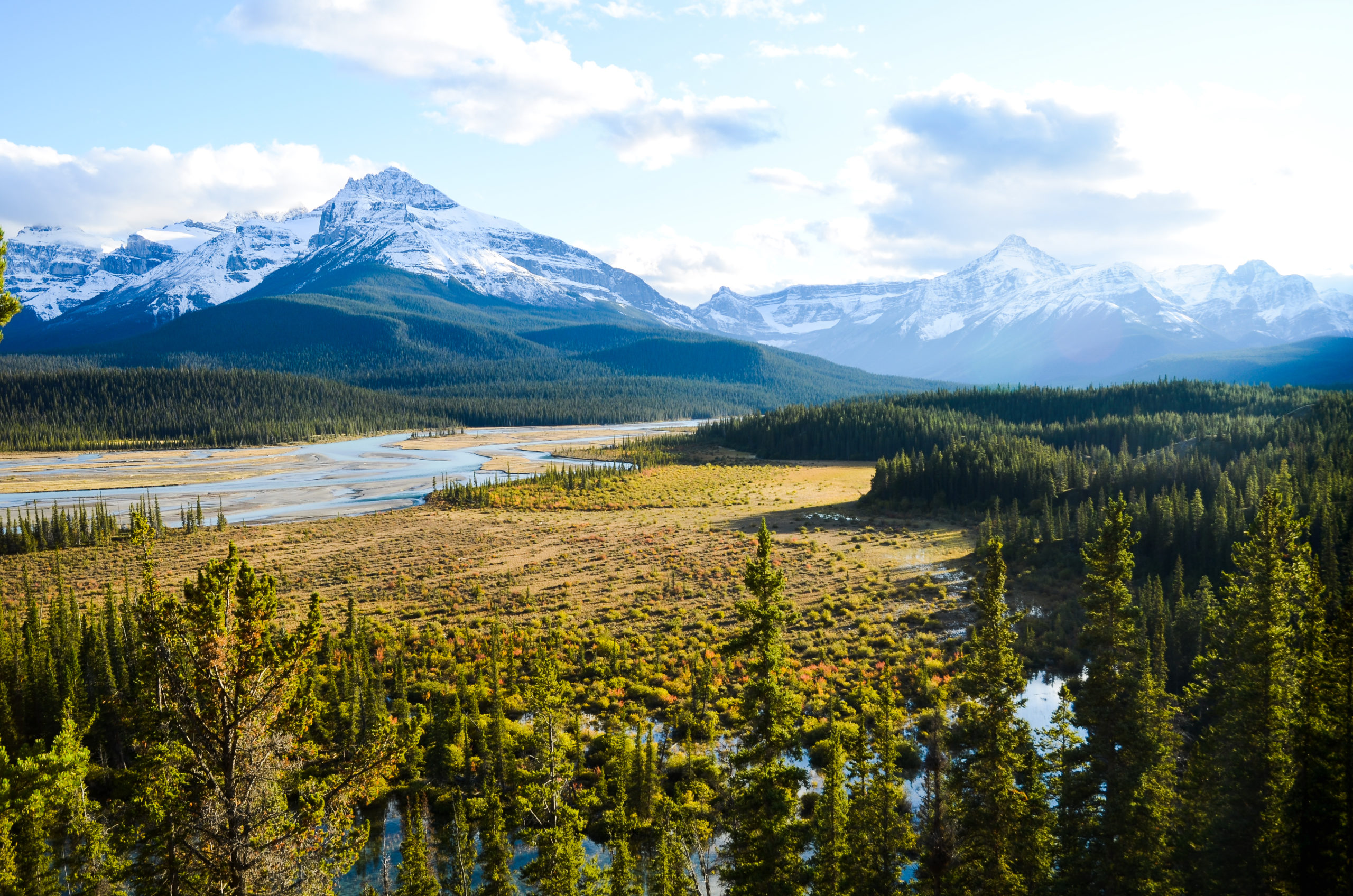Connect with us
Published
1 year agoon

With cannabis reform comes the opportunity to right the wrongs of the past and boost opportunities for communities in the present. In Canada, First Nations are getting more involved within the country’s ever-growing industry. Saskatchewan lawmakers are specifically pushing for First Nations to be able to self-govern and self-regulate the cannabis industry on the reserve.
The Saskatchewan government first introduced two pieces of legislation that lay the groundwork for increased First Nations self-governance in early December 2022. The first of the two bills, The Summary Offences Procedure Amendment Act (SOPA) 2022, will provide a legal framework for First Nations communities to use for enforcing laws and bylaws on reservations.
“The Government of Saskatchewan is proud to take this important step as part of our ongoing work with the Muskoday and Whitecap Dakota First Nations,” Justice Minister and Attorney General Bronwyn Eyre said in a news release. “These amendments will allow these and other First Nations communities in the future to use the more simplified summary offences procedure, instead of the long-form process under the federal Criminal Code, to issue tickets and fines such as those issued for traffic violations and other provincial offences.”
The amendments followed a Memorandum of Understanding that was signed by the Government of Saskatchewan, Muskoday First Nation and Whitecap Dakota First Nation in October 2019, meant to address the longstanding issues around the enforcement of First Nations’ laws.
Chief of Whitecap Dakota First Nation Darcy Bear said that First Nations are already asserting their jurisdiction and maintaining community safety by creating legislation under the current system, though she admitted there have been difficulties enforcing these laws in courts.
“Through our work with the provincial government, the amendments to SOPA will give us access to prosecution and enforcement tools that will give force to our laws in areas such as environmental protection and community safety; and strengthen the place of our laws alongside federal and provincial law.”
The second bill, The Cannabis Control (Saskatchewan) Amendment Act, 2022, establishes the provincial legal framework for First Nations to license and regulate the distribution and retailing of cannabis on-reserve.
“Our government supports First Nations exercising their authority over on-reserve distribution and retailing of cannabis through a legal framework with SLGA,” said Lori Carr, the minister responsible for SLGA. “This change further fosters reconciliation by ensuring First Nation-owned businesses are able to fully participate in the economic opportunities presented by the retail cannabis industry.”
Together, the two proposed amendments would provide First Nations the opportunity to create their own regulatory network, consistent with federal and provincial legislation, to establish a local cannabis authority. Following these regulations, stores under First Nations would have access to cannabis products regulated by the Canadian federal government.
The recent moves in Saskatchewan are one recent example of the community impact of cannabis in Canada. After legalizing cannabis in 2018, Canada’s cannabis market has become a major economic contributor for the country. A 2022 Deloitte report highlighted the impact of cannabis on Canada, notably referencing that the industry has created roughly 151,000 jobs, even in areas that can sometimes be hard to generate new work, like rural areas.
Canada’s emerging legal cannabis industry has also contributed more than $43.5 billion to the nation’s GDP since legalization began, according to the report.
Legislators across Canada, the United States and the world routinely aim to center disenfranchised communities when creating new cannabis laws and reviewing older structures, ensuring everyone has an equal shot at entering and benefiting from the industry. Though, some First Nations businesses feel the change is unnecessary.
“We have our own laws and bylaws,” said Chief Lynn Acoose, whose Zagime Anishinabeck First Nation has operated a cannabis retail location near Regina since 2019. “So far, the framework we’ve put in place has served us well.”
Acoose told The Saskatoon StarPhoenix her First Nation does not support regulations that would give Saskatchewan officials authority over First Nation cannabis ventures.
“We would not be interested in entering into any kind of agreement with the province with respect to enforcing any kind of provincial statutes on reserve,” said Acoose.


Clinical Trial To Assess LSD Microdosing For PMS


Survey: High-THC Flower Yields Few Serious Side Effects in Patients


Connecticut House Approve Bill Regulating Hemp Products


Hemp Clothing Market to Hit $23B by 2031, Report Predicts


Despite City Efforts, Hemp Shops Posing as Dispensaries Prevail in Las Vegas


Cannabis Community, Investors React to DEA Decision To Reschedule
